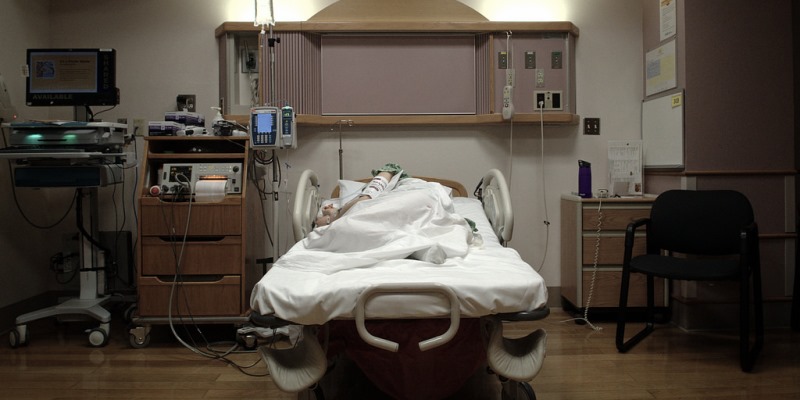Nobel laureate Paul Romer’s key new insight was that human capital can produce ideas.
pharmaceuticals
Review board’s new reference countries have more limited access to new and innovative drugs.
Yet another patient appears on Global TV News unable to get an expensive prescription drug reimbursed by the Ontario provincial government, and the Minister of Health and Long-Term Care responds that the provinces and territories are working together to negotiate with manufacturers to get the best possible prices for drugs. What no one gets to know is precisely how thats happening or how quickly, leaving us all in the dark about access to a vital component of modern medical care.
As part of their struggle with budget realities and the growing cost of health care, Canada's provinces continue to work on bulk purchasing agreements for pharmaceuticals as a way to save money. Unfortunately, the recent release from the Council of the Federation (the council of Canada's premiers) suffers from the typical one-sided approach that characterizes much of the drug policy discussion. Yes, there are up front savings to be had. But there's no such thing as a free lunch.
New medicines are a central component of modern medical care, treating illness effectively, providing more comfortable treatment regimes, extending life and reducing disability, and sometimes offering new treatment options where none previously existed. However, these benefits come with the potential for harm, which is why governments around the world regulate access to new medicines.
Once again the Ontario government is meddling with generic drug prices in a vain attempt to save a few bucks. Having dug itself into an enormous fiscal hole, the province just announced it will further lower the prices it pays for the 10 best-selling generic prescription medicines to 20 per cent of their brand-name equivalents, down from the current 25 per cent.


